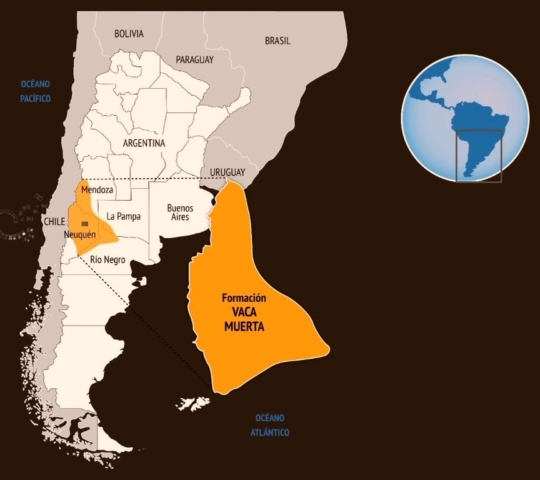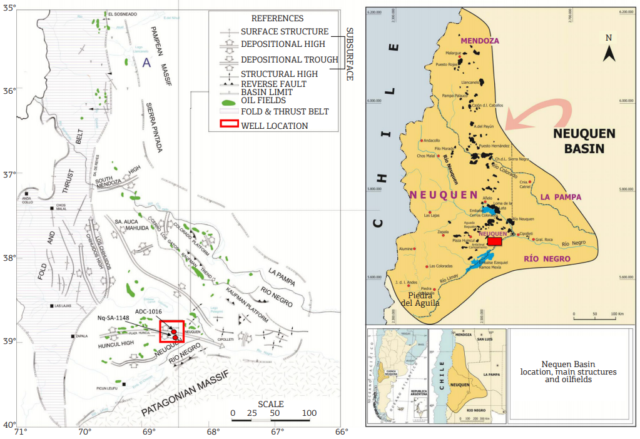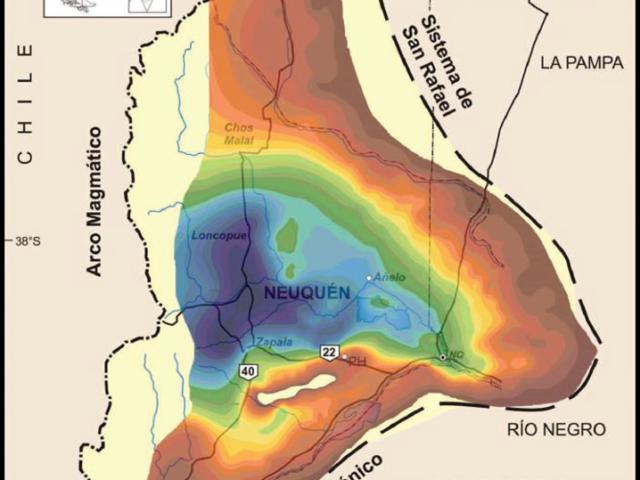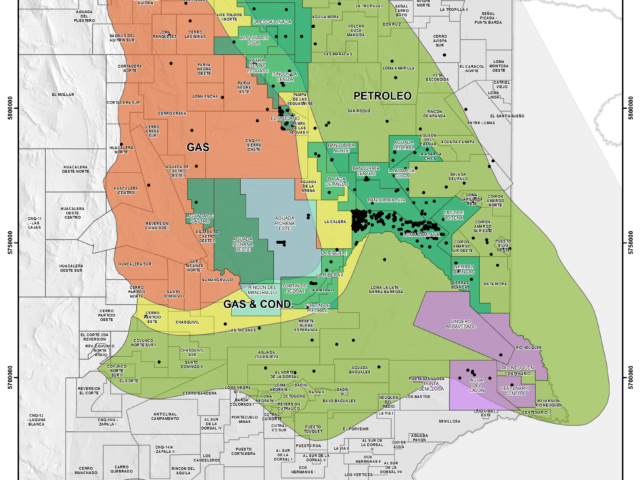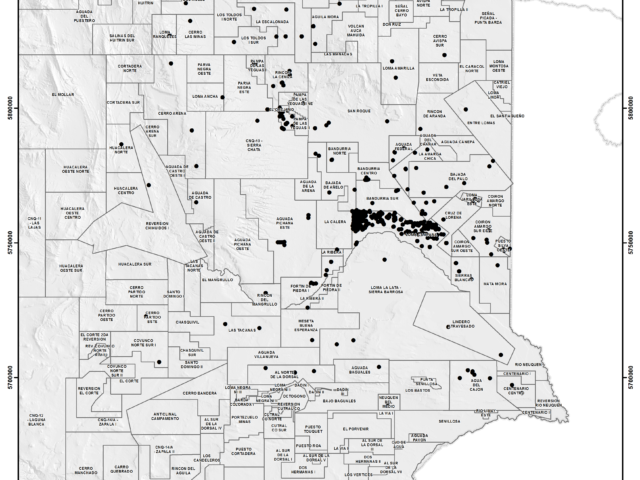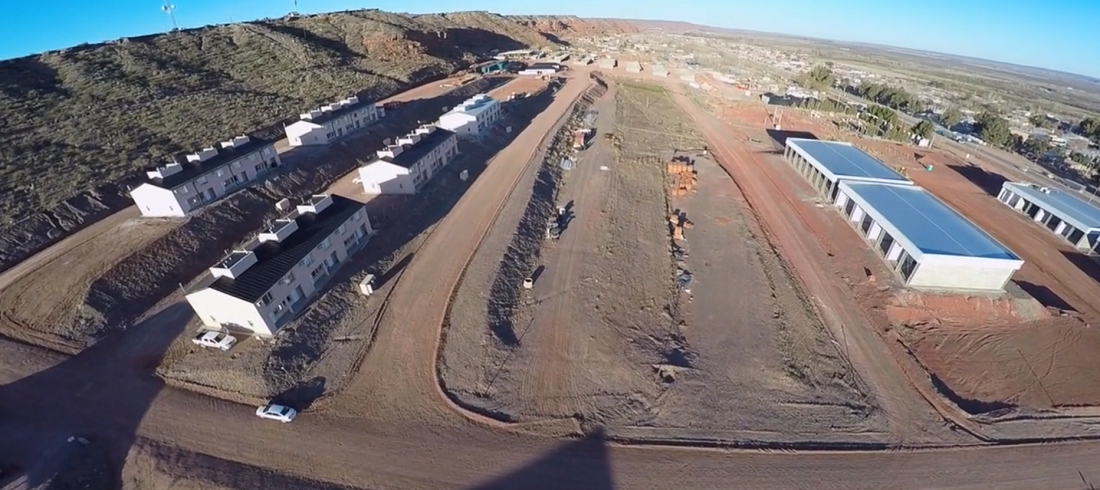
Argentina’s Vaca Muerta finally produces oil
Jun, 26, 2019 Posted by datamarnewsWeek 201927
A century ago, an American geologist speculated that in the arid steppe found in the Andes Mountains, in the far west of Argentine Patagonia, the shale formation known as Vaca Muerta contained a huge amount of oil and gas.
As soon as the engineers confirmed these suspicions, a race began for the exploration and production of shale. First came YPF SA, the local oil giant, and Chevron. Then Total and Royal Dutch Shell. Amongst these corporations, about US$13bn has been invested in exploration over the last eight years. However, obstacles continued to appear and production was marginal.
Until now. In recent weeks, two companies have exported two small loads from the formation, one of light oil and the other of liquefied natural gas (LNG), foreshadowing what industry officials say will be a steady stream of shipments until the end of the year. But it is too early to declare victory – any number of logistical and economic barriers remain. Nevertheless, it is the first sign that all the money and time invested will have a return and transform Argentina back into the global energy supplier it used to be over a decade ago.
Shell announced an expansion of operations in the region last December and, in a seal of approval for the first intensive shale drilling outside North America, Exxon Mobil made a similar commitment in June. It is now expected that Argentina’s light oil shipments will reach 70,000 bpd next year.
According to Bloomberg, there is a long way to go in order to reach – or to even match – the shale production benchmark: the Permian Basin in Texas and New Mexico, where production is boosting Gulf Coast shipments to about 2.5m bpd. Infrastructure development is needed, including that of roads, pipelines, and the progress of delayed drilling.
The producers also want the government, which has been taking Argentina out of protectionism, to finally free up exports. That means ending the domestic refiner’s right of first refusal and delivering on the promise of abandoning export taxes by the end of 2020.
Source: Bloomberg
-
Oil and Gas
Jul, 11, 2019
0
Argentina offers US$2bn tender for Vaca Muerta gas pipeline
-
Oil and Gas
Apr, 04, 2019
0
Argentina plans 1,200 km natural gas pipeline from Vaca Muerta to Buenos Aires
-
Oil and Gas
Jun, 10, 2019
0
Argentina’s Neuquen province to grant six new permits for Vaca Muerta exploration
-
Oil and Gas
May, 13, 2019
0
Oil and gas union calls 24-hour strike at Vaca Muerta



